The Future is Now: AI in Smart Devices, Healthcare, and Everyday Life
The AI Revolution: How Artificial Intelligence is Making Tech Smarter and Our Lives Easier
Artificial Intelligence (AI) is no longer a futuristic concept; it's a reality that's rapidly reshaping our world and the technology we interact with daily. From smartphones to smart homes, AI is the driving force behind many innovations that enhance our lives, streamline tasks, and open up new possibilities. But what exactly is AI, and how is it making our tech smarter? Let's dive into the fascinating world of AI and explore its transformative impact on our lives.
Understanding AI: More Than Just Robots
AI, in simple terms, is the ability of machines to mimic human intelligence. This involves tasks like learning from experience, understanding language, recognizing patterns, making decisions, and even solving problems. AI encompasses various technologies, including:
- Machine Learning (ML): Enables systems to learn and improve from experience without being explicitly programmed.
- Natural Language Processing (NLP): Enables computers to understand, interpret, and respond to human language.
- Computer Vision: Allows machines to interpret and understand visual information from the world around them.
- Robotics: Combines AI with mechanical engineering to create intelligent machines that can perform physical tasks.
AI-Powered Smart Devices: Your Everyday Companions
AI is not just for scientists and engineers; it's woven into the fabric of our daily lives through smart devices we use every day:
- Smartphones: AI powers features like voice assistants (Siri, Google Assistant), camera enhancements (portrait mode, night mode), and personalized recommendations (apps, news, music).
- Smart Speakers: Devices like Amazon Echo and Google Home use AI to understand voice commands, play music, answer questions, control smart home devices, and even tell jokes.
- Wearables: Fitness trackers and smartwatches utilize AI to monitor your health, track your activity, and offer personalized insights.
- Smart Home Devices: Thermostats, lighting systems, security cameras, and appliances are becoming smarter with AI, automating tasks, optimizing energy usage, and enhancing security.
The Benefits of AI in Tech: A Transformative Force
The integration of AI into technology is yielding a multitude of benefits across various domains:
- Improved Efficiency and Productivity: AI-powered automation streamlines tasks, freeing us from repetitive work and allowing us to focus on more creative and strategic endeavors.
- Enhanced Personalization: AI algorithms analyze our preferences, behaviors, and data to deliver tailored experiences, from personalized recommendations to customized news feeds.
- Advanced Healthcare: AI is revolutionizing healthcare with applications in diagnosis, treatment planning, drug discovery, and patient care.
- Safer Transportation: Self-driving cars and AI-powered traffic management systems have the potential to reduce accidents and congestion.
- Innovative Entertainment: AI is used in video games, music, and art to create immersive experiences and generate new forms of creative expression.
- Environmental Impact: AI can help optimize energy consumption, predict natural disasters, and protect endangered species.
The Future of AI: Limitless Possibilities
The potential of AI is vast and still largely unexplored. As the technology continues to evolve, we can expect even more groundbreaking applications in areas like education, finance, agriculture, and space exploration. However, with great power comes great responsibility, and ethical considerations surrounding AI development and deployment must remain a top priority.
Embracing the AI Revolution
AI is not here to replace us; it's here to augment our capabilities and empower us to achieve more. By embracing AI technology and understanding its potential, we can shape a future where humans and machines work together to solve complex problems, improve our lives, and create a better world for all.




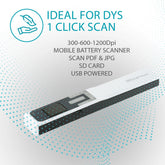





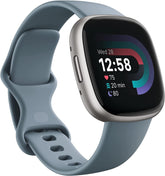




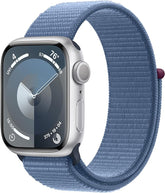

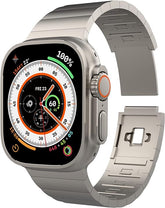
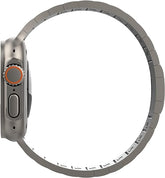
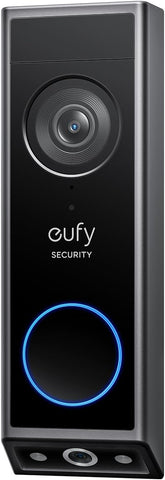



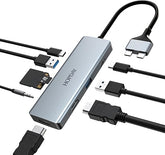
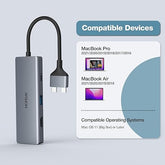




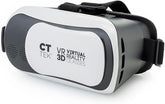
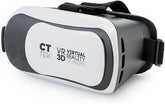


![["B0B1L87TMY"]](http://smarttechshopping.com/cdn/shop/products/7110BNil-dL._AC_SL1500_165x.jpg?v=1695449139)
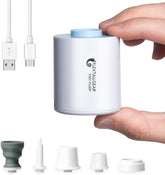
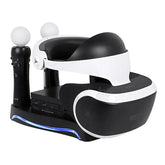





Leave a comment
Please note, comments need to be approved before they are published.